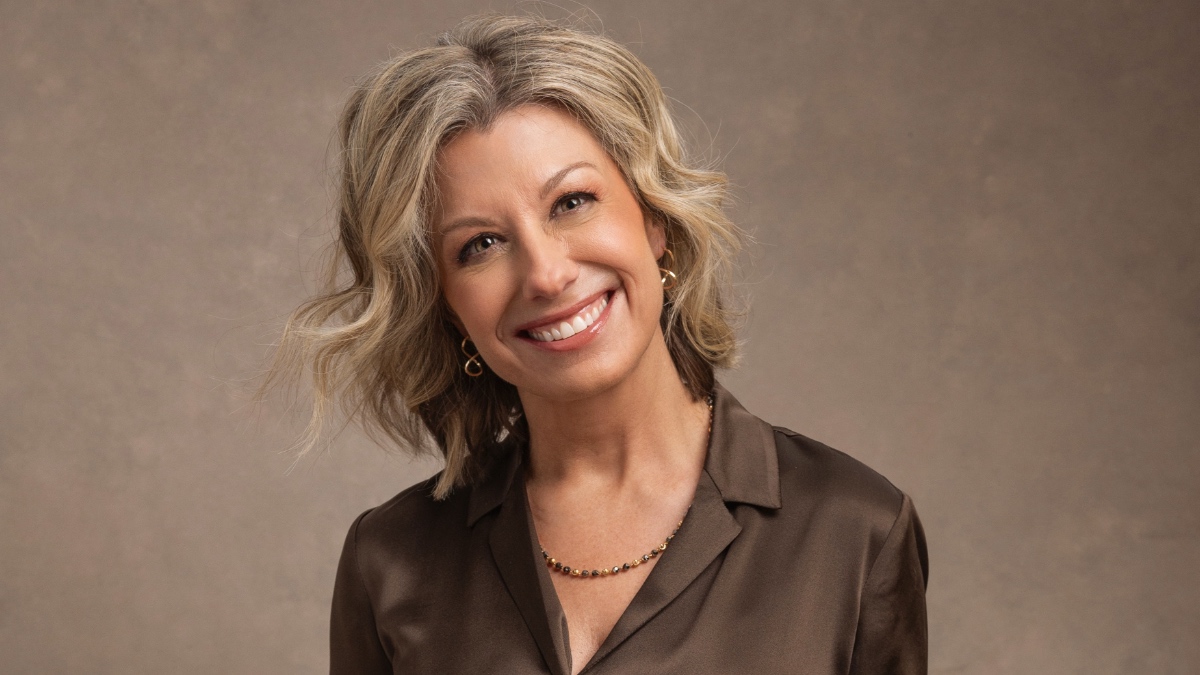Auksė is the founder of the organizational & people practice @EY, with solid track record in helping local & international client to build stronger leaders and enter organizations. Prior to EY, Auksė proved herself as a senior HR professional, with corporate experience in PMI, Barclays & SBA Group both in Lithuania & Internationally. Her exceptional expertise lies in HR Strategy, Transformation, Organizational & Personal change management, and other areas of organisational development. We asked Auksė a few questions about what the future of work will look like, how to strike that work-life balance, and what HR specialists should consider when beginning their self-development journey. Enjoy!
Future of Work – which few pillars would you mention to describe how you see it evolving in the nearest 5 years?
There are a few trends emerging in the world of work globally as well as in the Baltic states. The most typical one to mention is Remote or hybrid work, but a lot has been said abut it so I’d rather mention a few others:
Digital Transformation and Automation:
As technology continues to advance, organizations will increasingly focus on digital transformation and automation to streamline processes, improve efficiency, and reduce costs. Artificial intelligence (AI), machine learning, and robotic process automation (RPA) will play a pivotal role in automating repetitive tasks, enabling employees to focus on more strategic and creative work.
Upskilling and Reskilling:
The rapid pace of technological advancements and automation will lead to a shift in the required skill sets in the job market. To stay relevant, employees will need to focus on upskilling and reskilling to acquire new capabilities. Employers and educational institutions will likely invest more in training programs to ensure their workforce remains adaptable and equipped with the necessary skills.
Emphasis on Well-being and Mental Health:
The remote work revolution has highlighted the importance of employee well-being and mental health. In the next five years, companies are expected to put a greater emphasis on creating a supportive work environment that prioritizes mental health, work-life balance, and employee engagement. Flexibility as well as personalization is key here, throughout employee journey.
Decentralized Workforce and Global Talent Pool:
With remote work becoming more prevalent, companies will have the opportunity to tap into a global talent pool. Geographical boundaries will matter less, and organizations may adopt a decentralized workforce, hiring talent from various regions and cultures.
Environmental Sustainability:
Concerns about climate change and environmental sustainability will influence the future of work. Companies will likely adopt greener practices and strategies to reduce their carbon footprint, and employees may seek opportunities with environmentally responsible organizations.
Agile and Adaptable Organizational Structures:
Hierarchical organizational structures may give way to more agile and adaptable models. Companies will seek to be more responsive to changing market dynamics, customer needs, and technological innovations.
While these pillars are expected to shape the future of work in the next five years, it’s essential to remember that the landscape is ever-evolving, and new trends and challenges may emerge beyond what we can anticipate today. Adaptability, innovation, and a willingness to embrace change will be crucial for individuals and organizations to thrive in the future of work.
What would you advise for HR people to consider, when they are planning self-development path?
There is no „one size fits all“ to this question. I would recommend to make a choice between breath (i.e. HR Partnership) or depth of HR expertise (i.e. Reward, talent acquisition management, organizational development, etc.) and commit yourself to this path. Having said that – new skills are evolving as a requirement for HR professionals, for example critical & systems thinking, project management, organizational design, to name a few.
Work-life balance is so important these days – how organizations could better respond to this challenge?
Whether we talk of Work-life balance or Hybrid work or any other aspect within the workplace – my answer to that is always TRUST. If we manage to establish a trusting culture, where people are ok to speak up, share their ideas and concerns, they will also be responsible for the deliverables as well as personal wellbeing and will reach out to management should they need any support. When you reach this type of relationship, there is no forced Work Life balance programs needed, things come natural and and organization functions like a healthy organism.
You are working with transformations – could you please tell about your personal transformation that made a big impact in your life?
Interestingly – the hardest experiences leave the strongest marks in our lives. For me – it was the closure of BGOL (Barclays Group Operations Center) in Lithuania and ensuring the transition of 1500 people into new opportunities on labor market. As a head of the organization i set myself a target – make this hard and painful project something that counts – not just in my life but also for the lives & careers of all impacted people. And i sincerely believe (and feedback i received) that we mostly succeeded! And that has transformed me as a leader, as a citizen but most importantly humbled as a human being.



.png)
%20(2).png)


